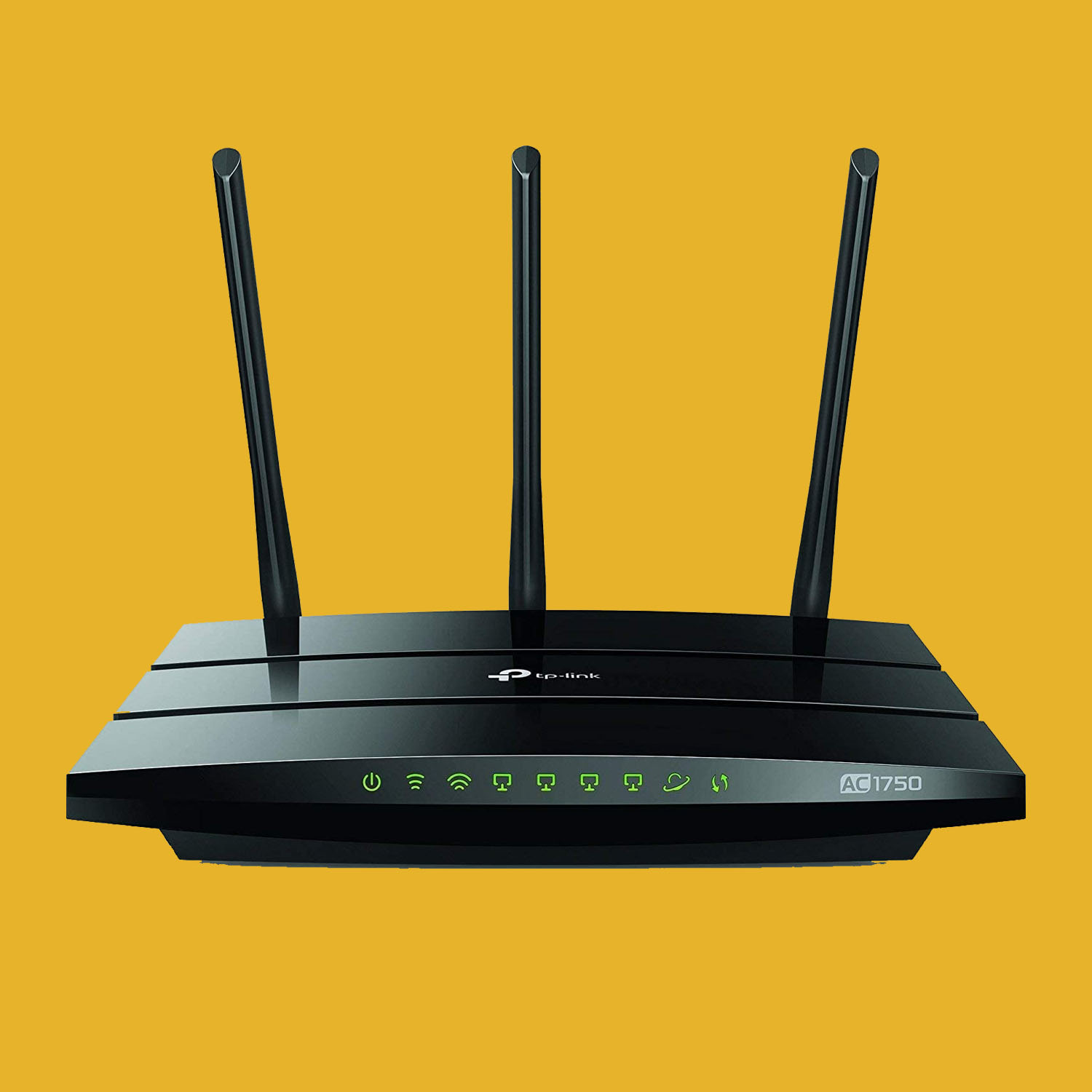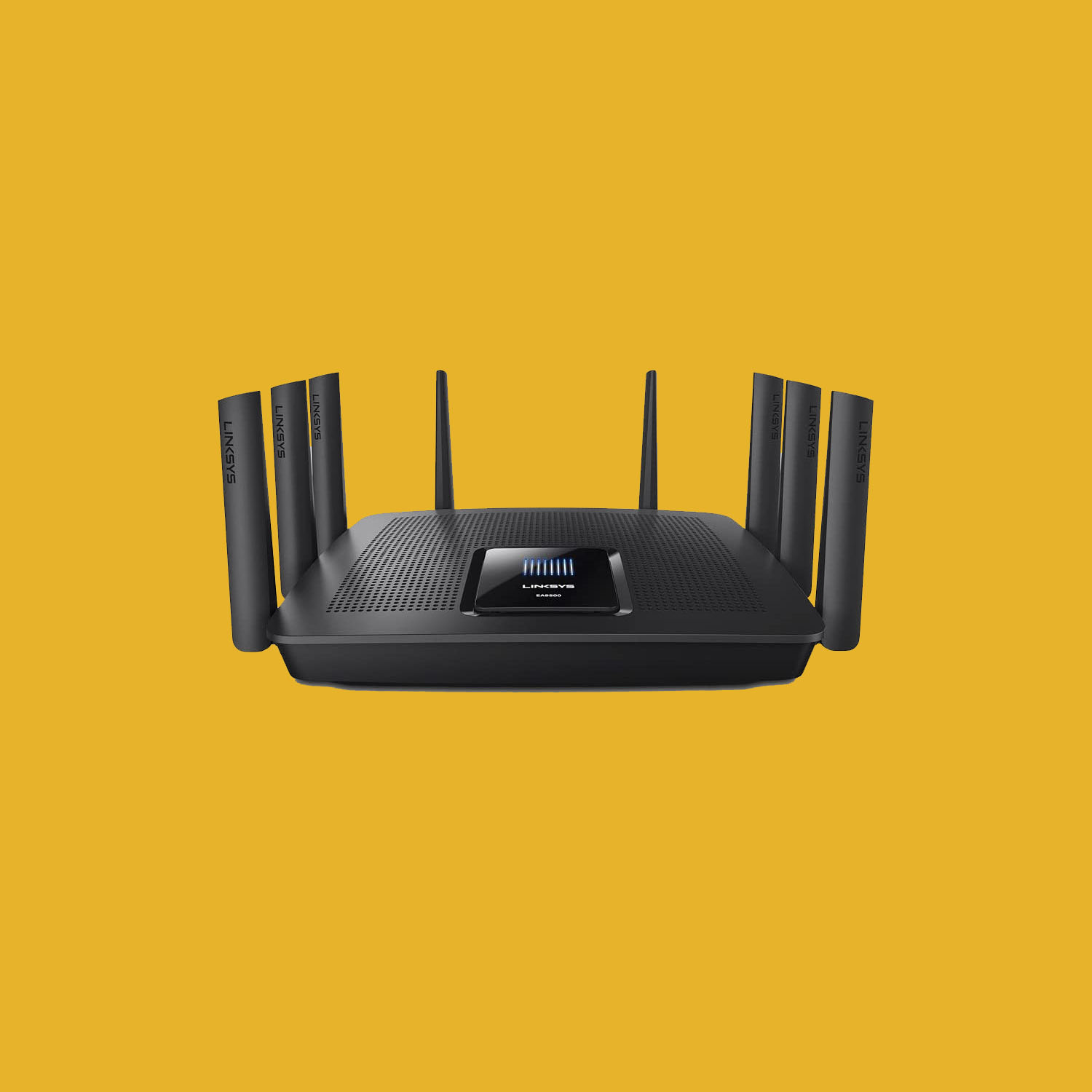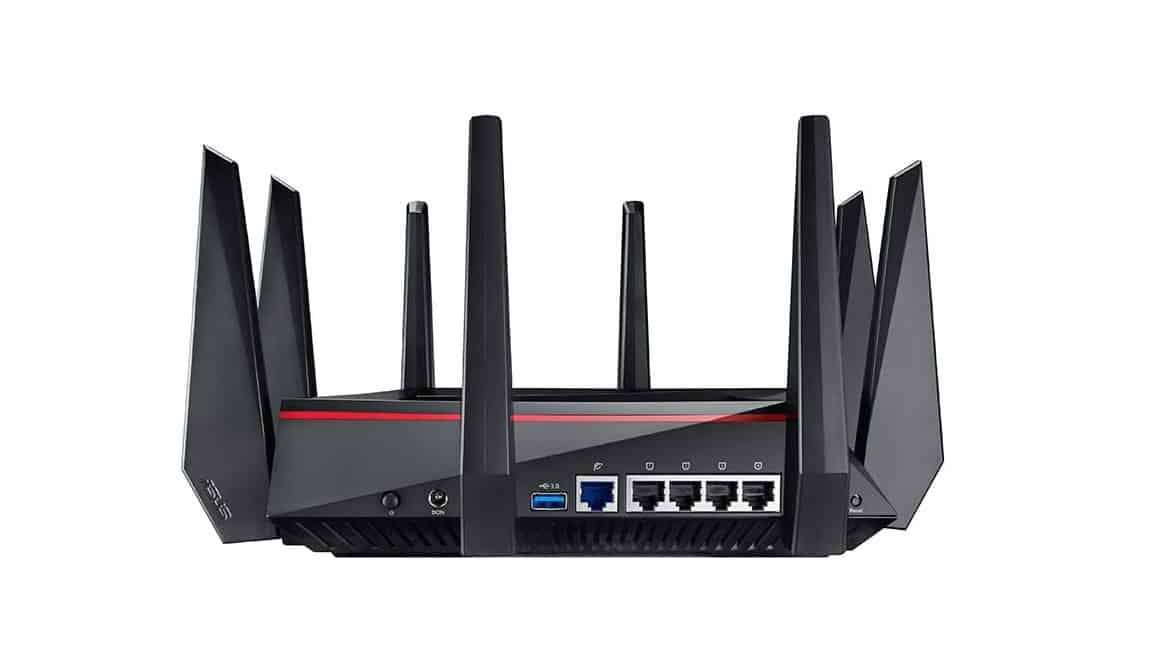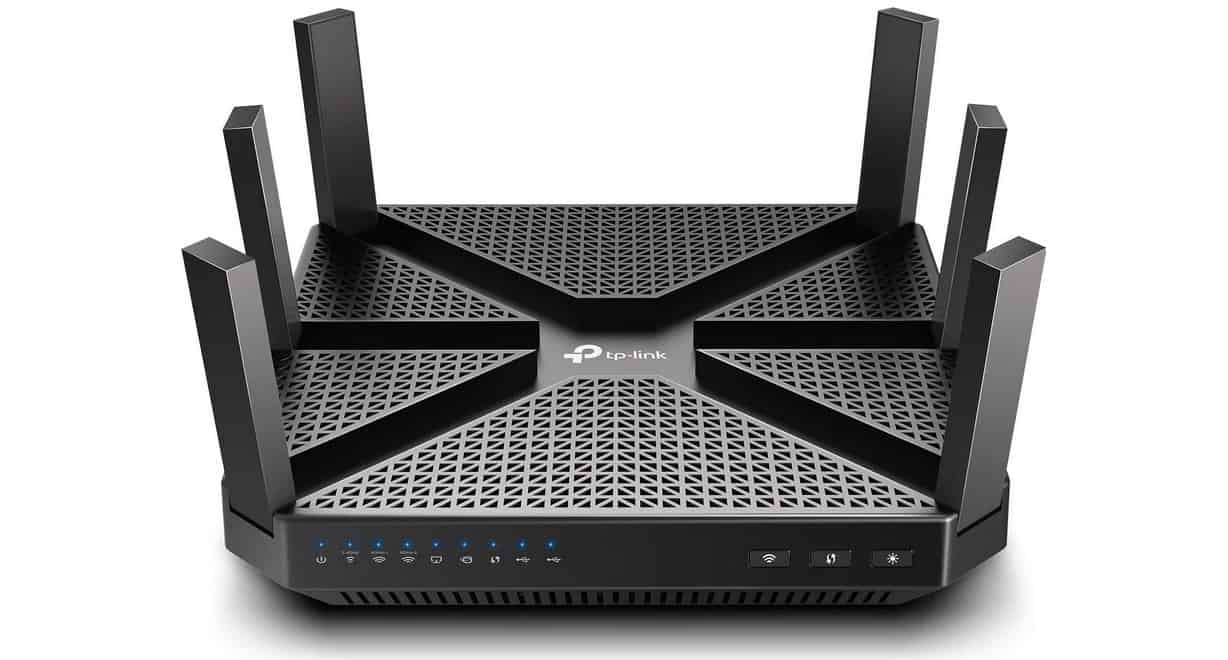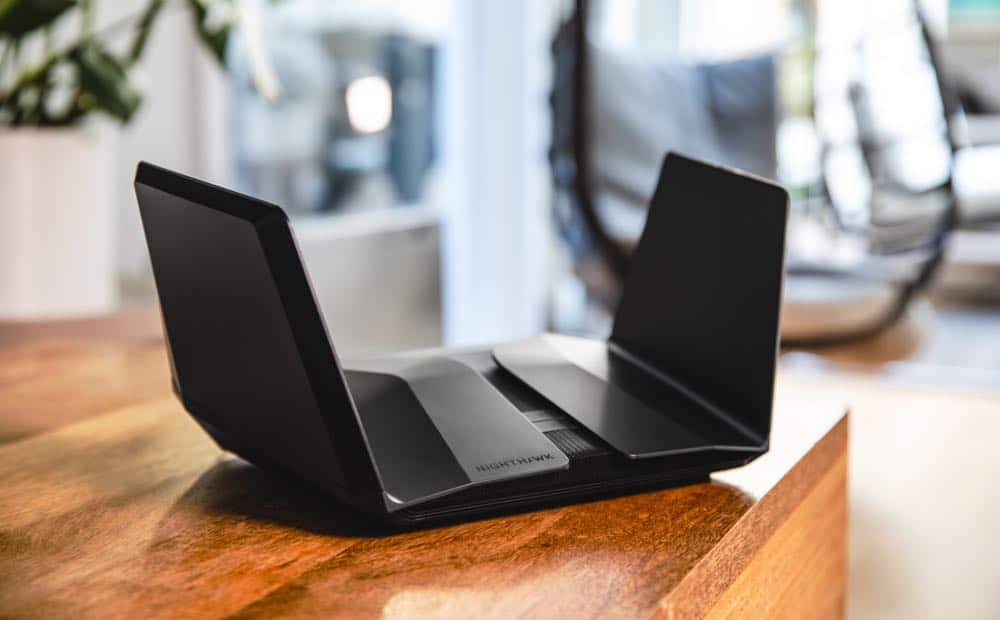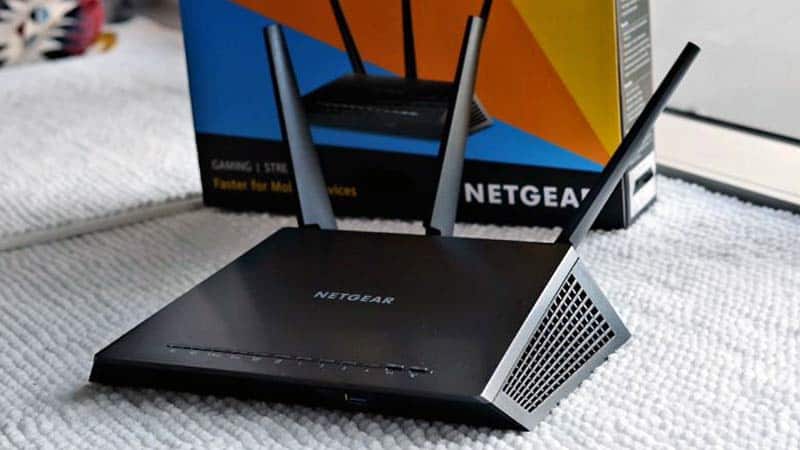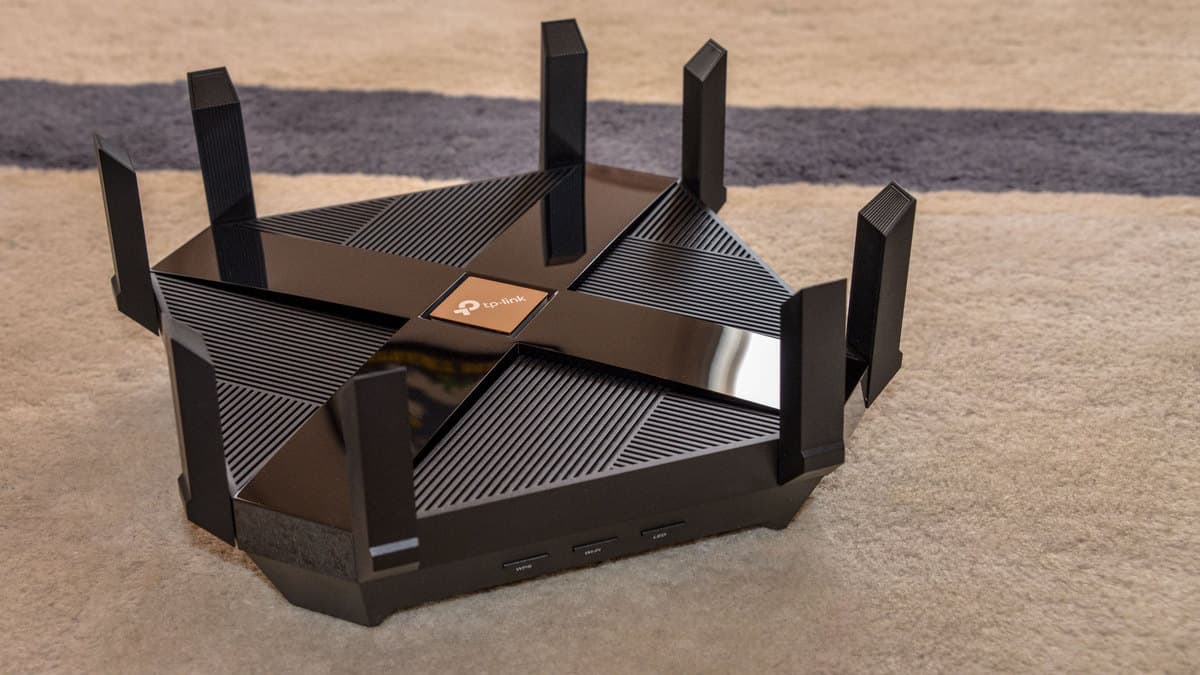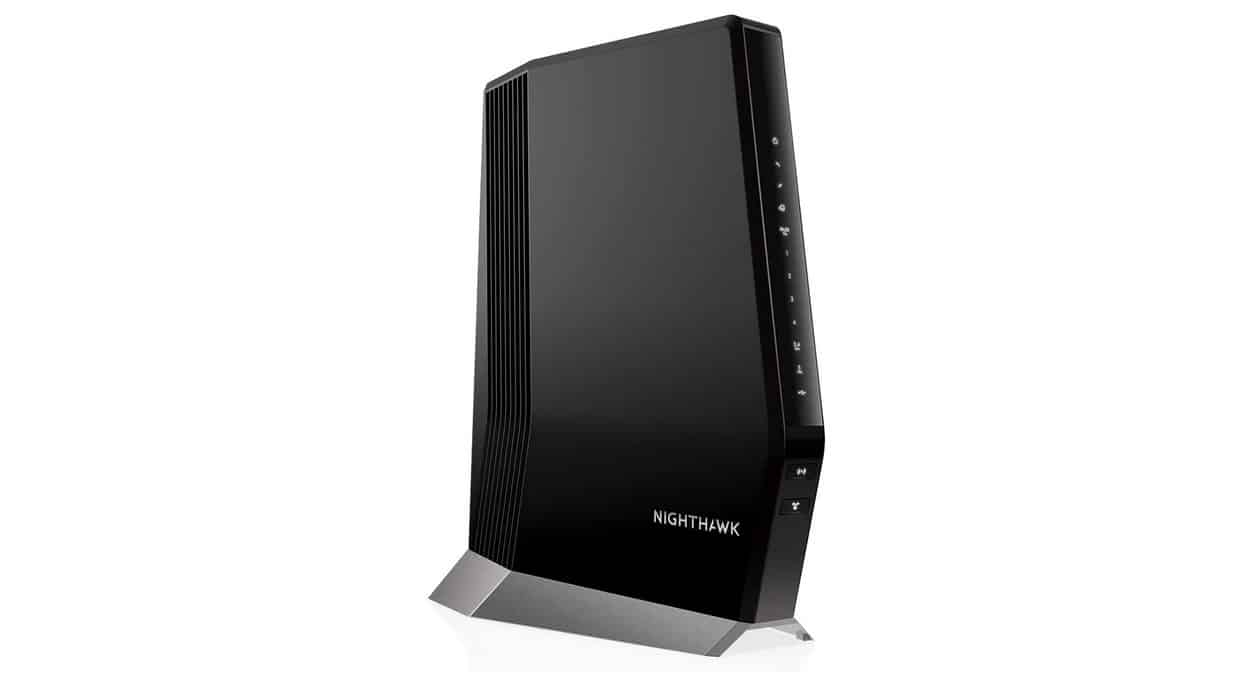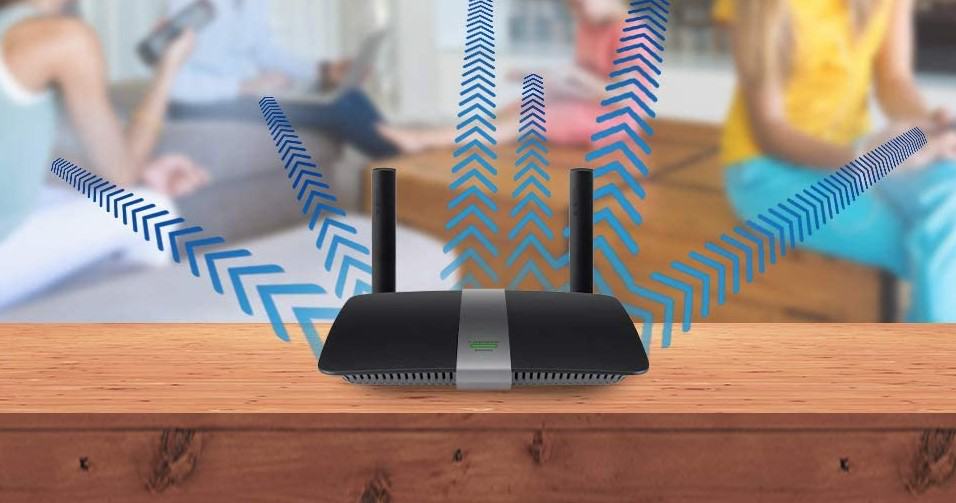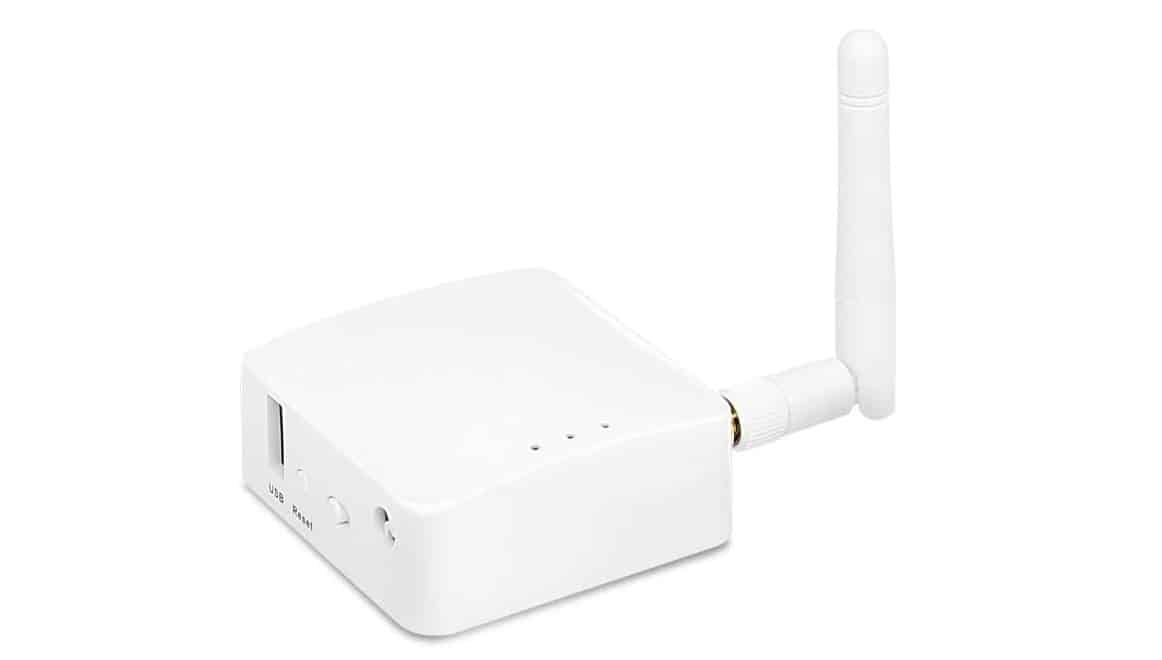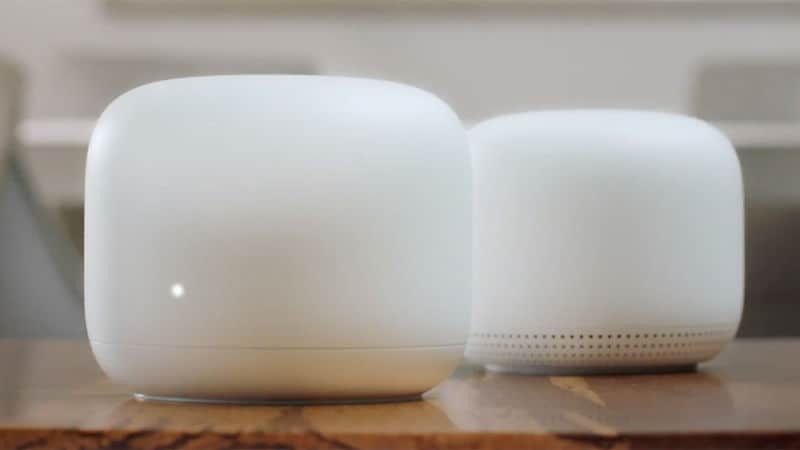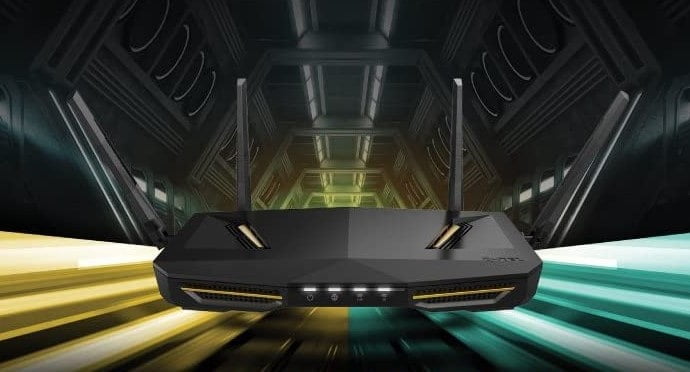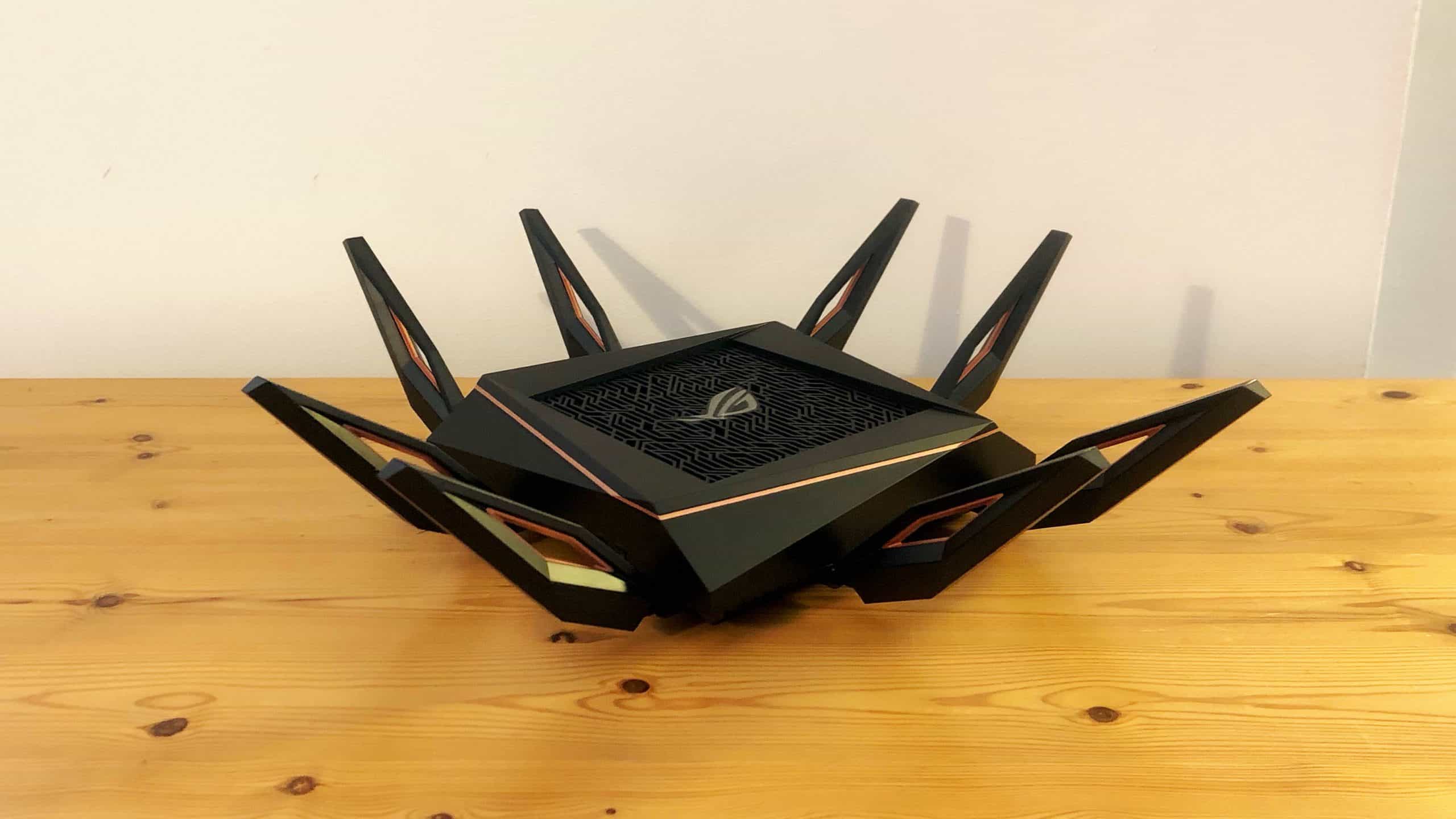If you have been experimenting with your network setup, you may wonder what is 5G on a wireless router. The best routers, after all, tend to include multiple bands, 5GHz being one of them. Why would you use 5G, how do you access it, and what are other details you need to know about the band? Keep reading to find out.
KEY TAKEAWAYS:
- 5G stands for 5GHz and it is a wireless band available to modern routers, working in addition to the 2.4GHz band.
- The 5G wireless band offers increased Internet speed and reliability for connected devices over 2.4GHz, though a decrease in wireless range for the average Internet customer.
- Though the modern standard, 5G is about to be usurped by the up-and-coming Wi-Fi 6.
What Does 5G Mean on my Router?
5G on a router refers to the 5Ghz wireless band. This band operates from roughly 5.1GHz to 5.8GHz and is generally considered a marked improvement over the previous wireless standard, 2.4GHz. Most modern routers tend to include options for both 5GHz and 2.4GHz connections, however, some older models will only allow access to the 2.4GHz band.
Insider Tip
Due to the increased wireless range, the 2.4GHz band is great for smart appliances and other devices that only connect to the Internet sporadically.
Why Does My WiFi Have 2G and 5G?
Even though 5G connections have become the wireless network standard, with 6G on the way, the older 2.4GHz band still has its uses. For instance, a 2.4GHz connection tends to offer a longer range than a 5GHz connection. If you are struggling with range and wondering how to use a router in bridge mode, perhaps switch to 2.4GHz and see if that solves the problem.
Benefits of 5G Wireless Band on a Router
Here are some of the biggest benefits of opting for a 5GHz connection instead of a 2.4GHz connection.
Faster Speeds
The primary reason folks tend to opt for 5G over 2.4G is that the former offers a speedier Internet connection. This makes this band the perfect option for mobile devices that require speed, such as personal computers, laptops, and even smartphones. Video game consoles are also fond of this uptick in speed.
Reliable Connection
The connection with a 5GHz wireless band tends to be sturdier and less prone to dropoffs than other wireless bands, which is great if you are wondering what is US/DS on my router as you experience unexpected dropped connections. Why is this? 5GHz wireless bands feature more channels than 2.4GHz wireless bands, so there are fewer opportunities for interference. The end result? A more reliable connection.
Integration
Many modern devices are made with 5GHz connections in mind, so you’ll find robust integration with newer video game consoles, laptops, and smartphones.
F.A.Q.S
How much does 5G home Internet cost?
This depends on your Internet service provider and what frequency bands they offer. The 5GHz band and 5G Wi-Fi can be more expensive when it comes to wireless connectivity.
Do I need to have a landline in order to get 5G home Internet?
In most cases, WiFi frequencies distribute via a cable or coaxial connection, so no landline is required to experience increased download speeds for wireless devices and full connectivity to a mobile device like baby monitors.
Will weather conditions, such as rain or wind, affect 5G home Internet service?
Sure. The Internet service is tied to cable lines, which are susceptible to weather events. In other words, your WiFi connection and WiFi signals could be interrupted by a severe storm.
STAT: 5Ghz and 2.4Ghz are both frequencies upon which WiFi can be broadcast throughout your home. The 5Ghz frequency can support up to 1Gbps of throughput whereas 2.4Ghz supports up to 600Mbps. (source)
REFERENCES:
- https://support.spirit.com.au/hc/en-us/articles/115002949068-Difference-between-2-4G-and-5G-on-Wi-Fi
- https://www.whistleout.com.au/Broadband/Guides/what-is-5G-wifi
- https://www.verizon.com/support/5g-home-faqs/r
- https://kb.netgear.com/24101/How-do-I-turn-my-NETGEAR-router-s-wireless-radios-on-and-off-using-the-router-web-interface
- https://www.verizon.com/support/5g-home-router-faqs/

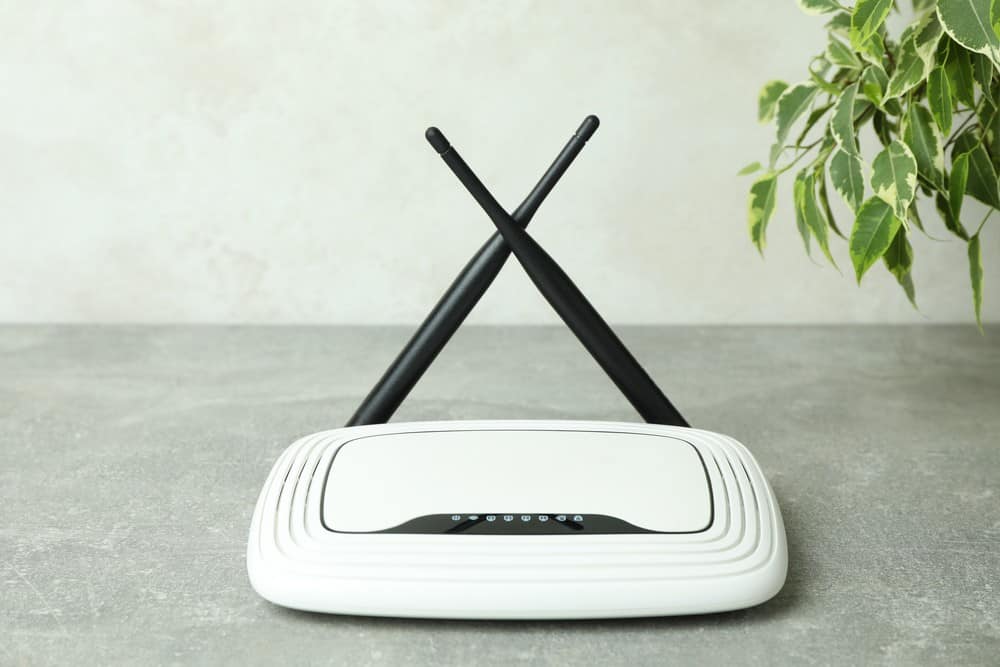














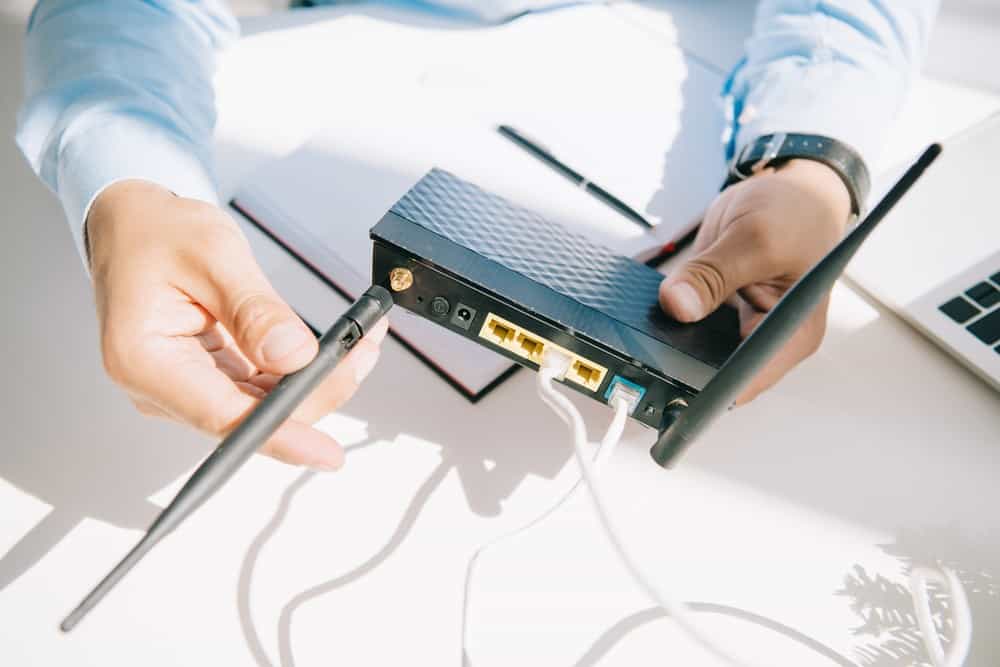



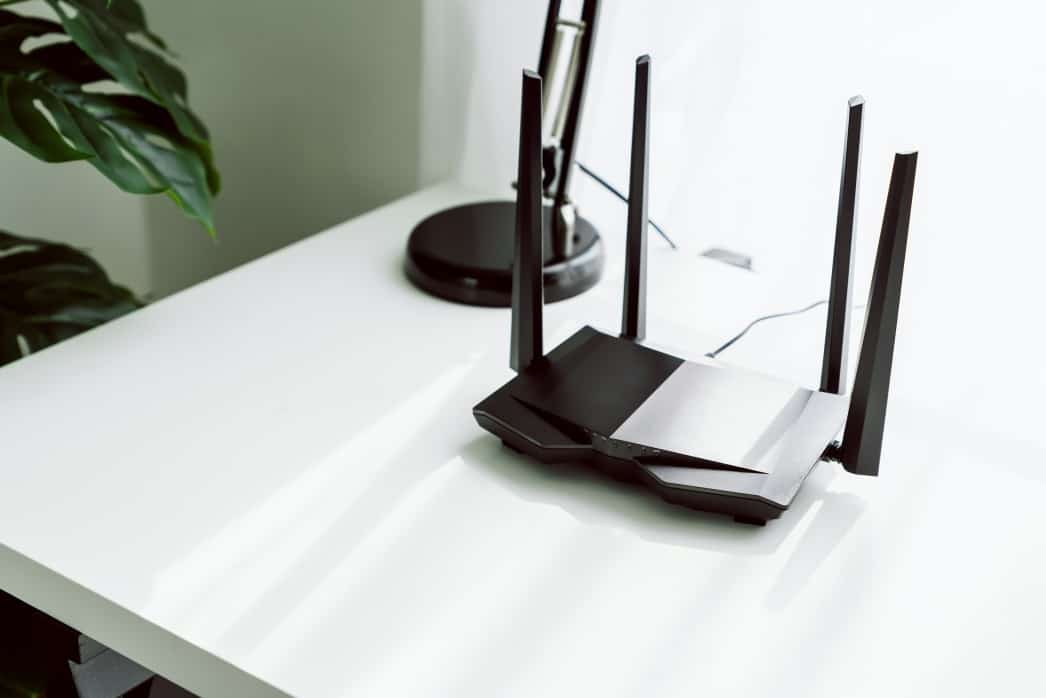
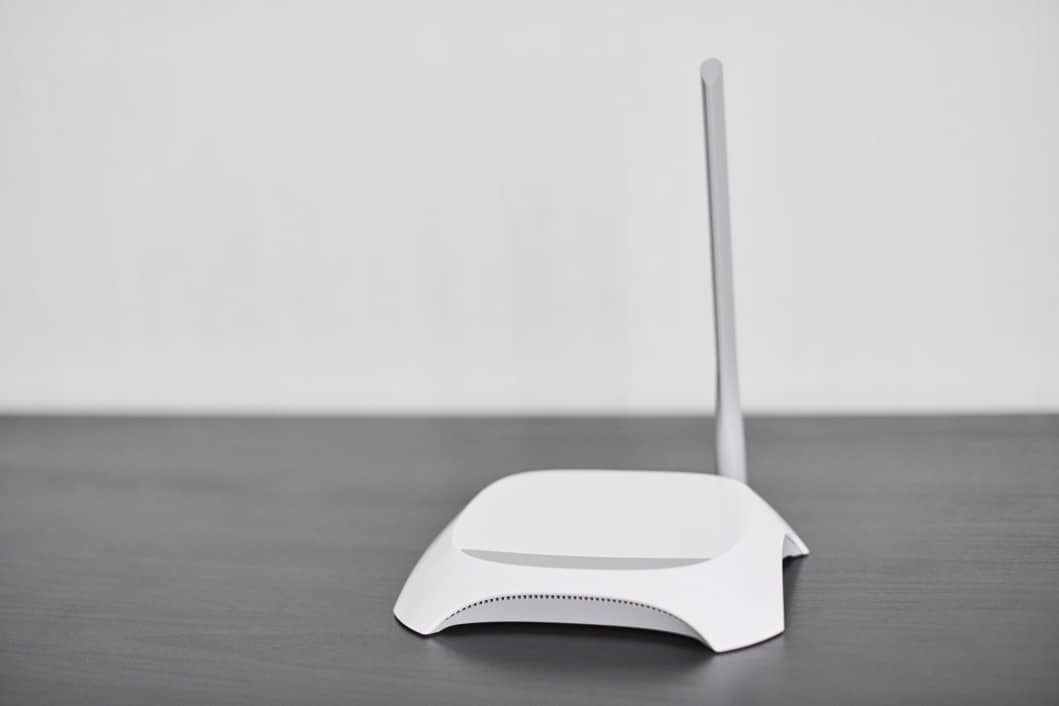
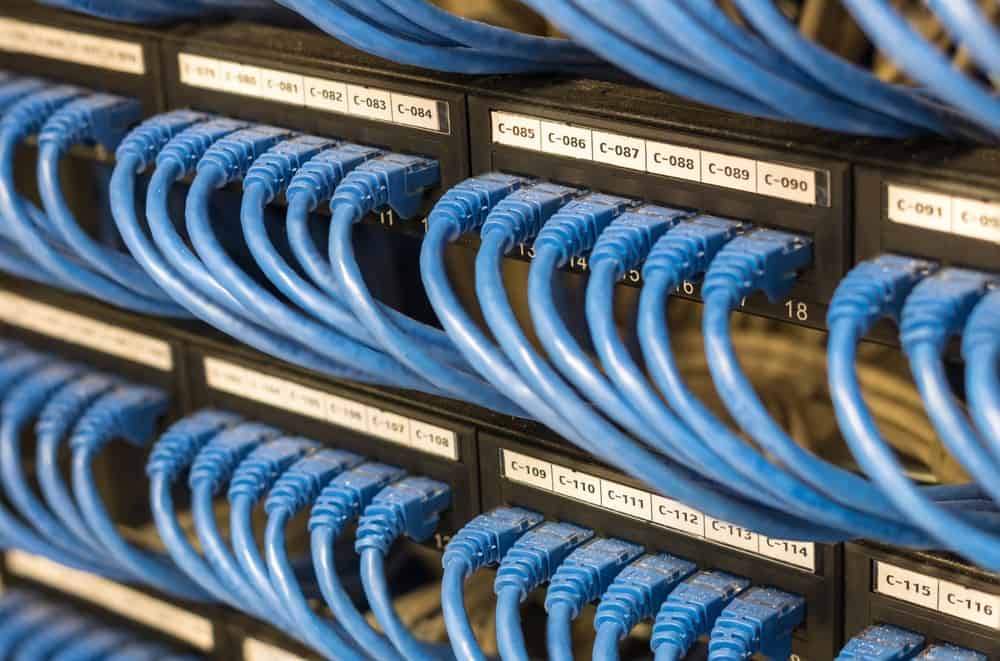
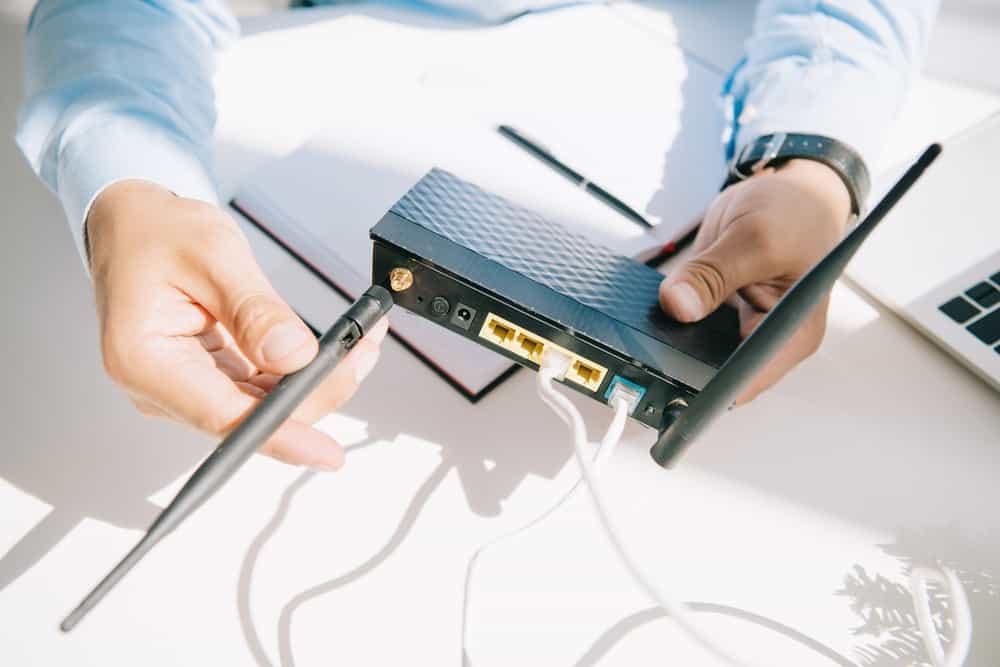

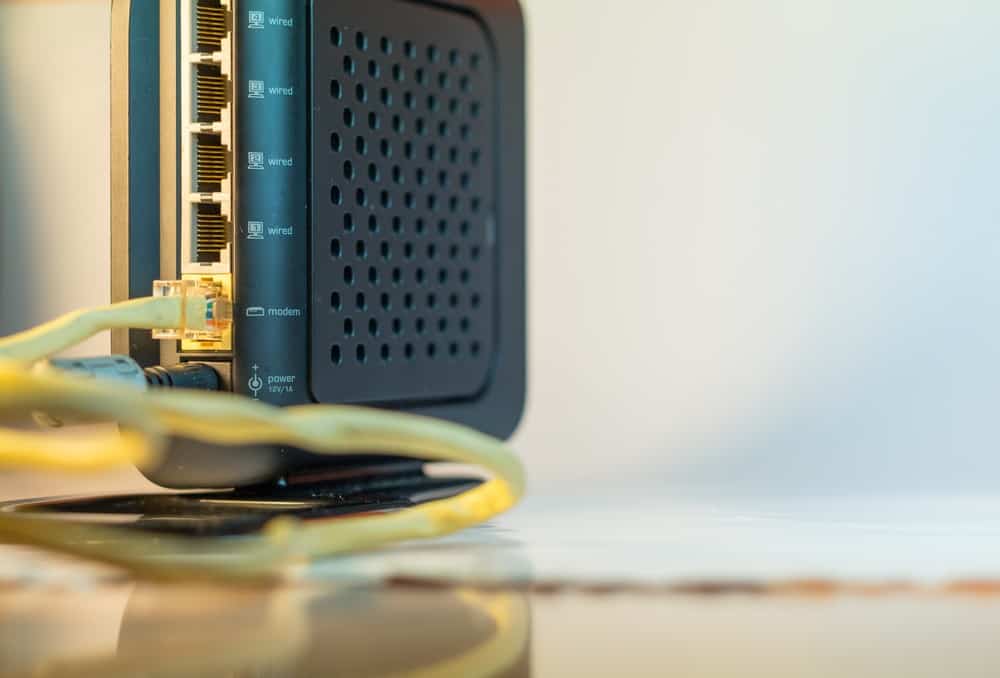

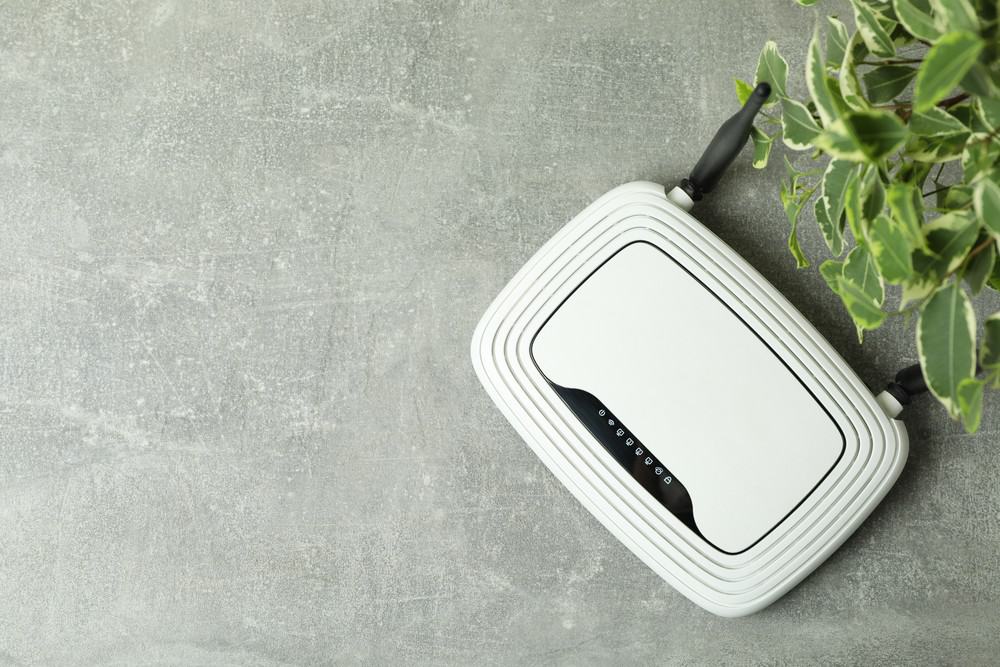
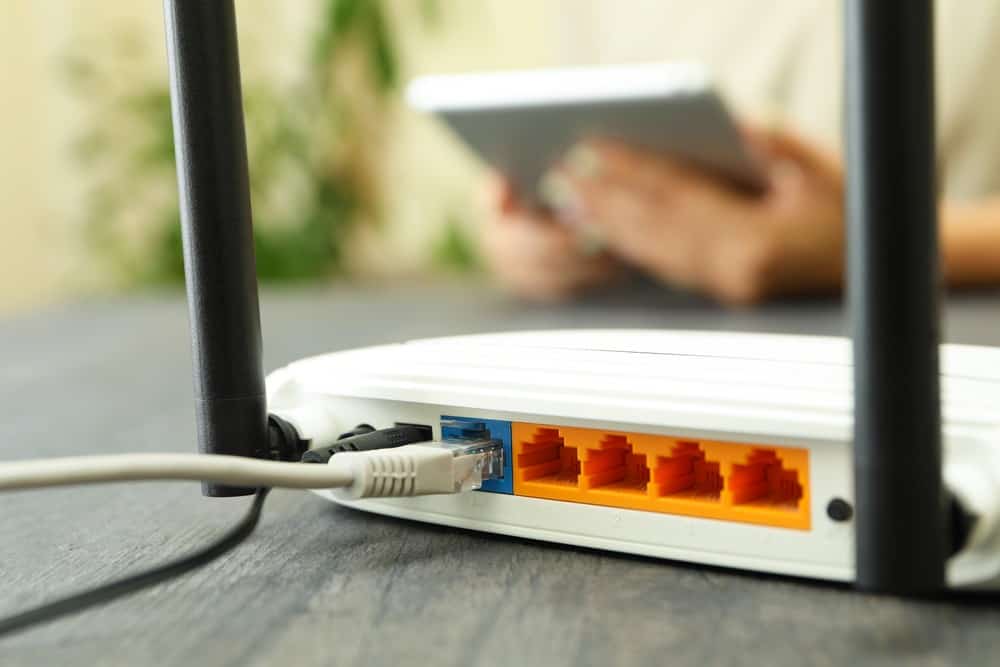
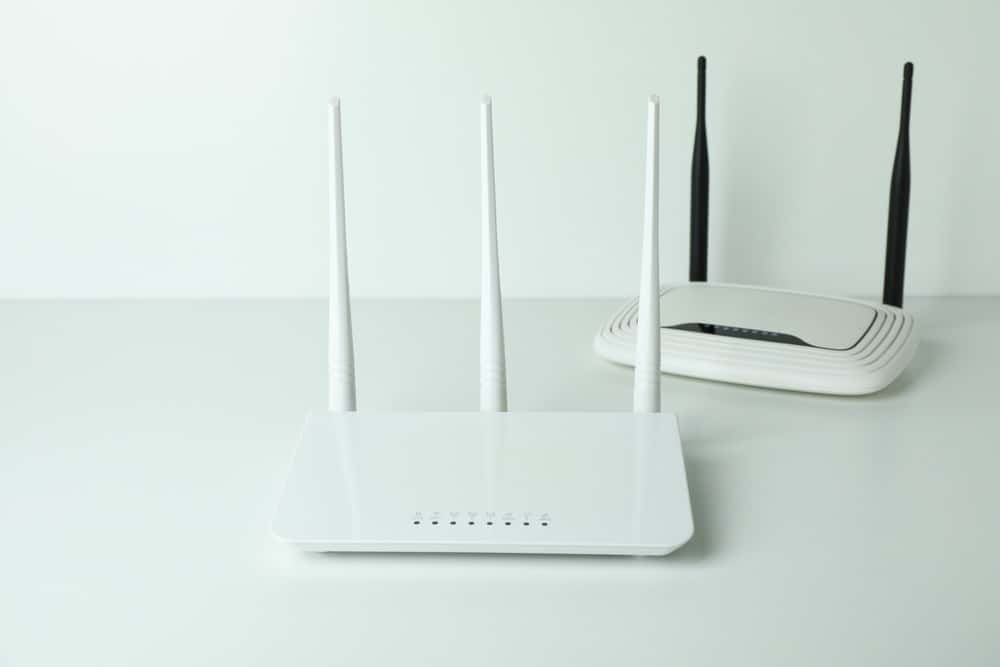
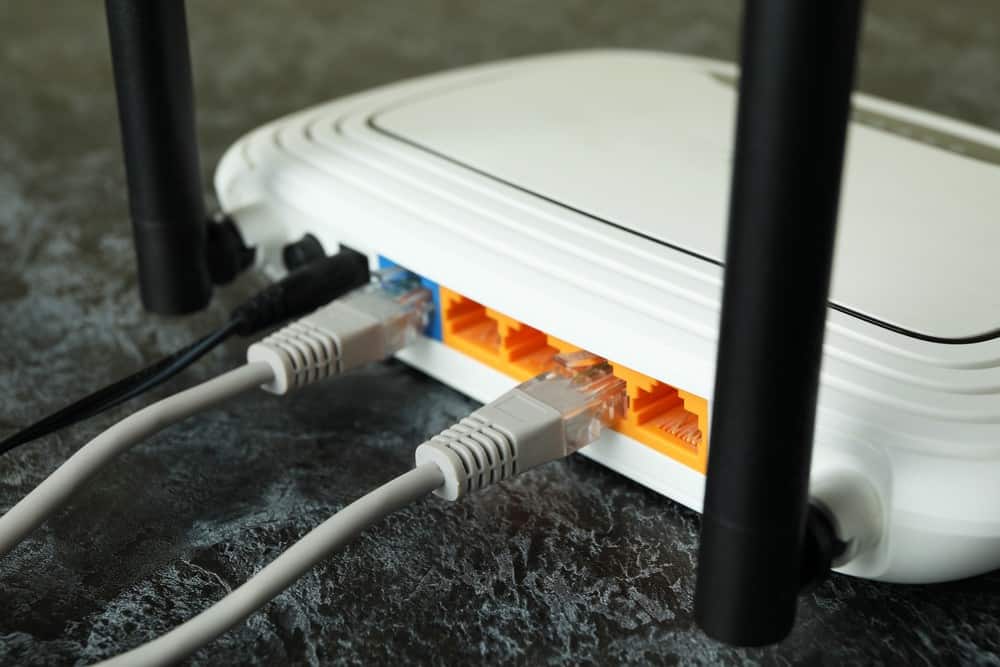
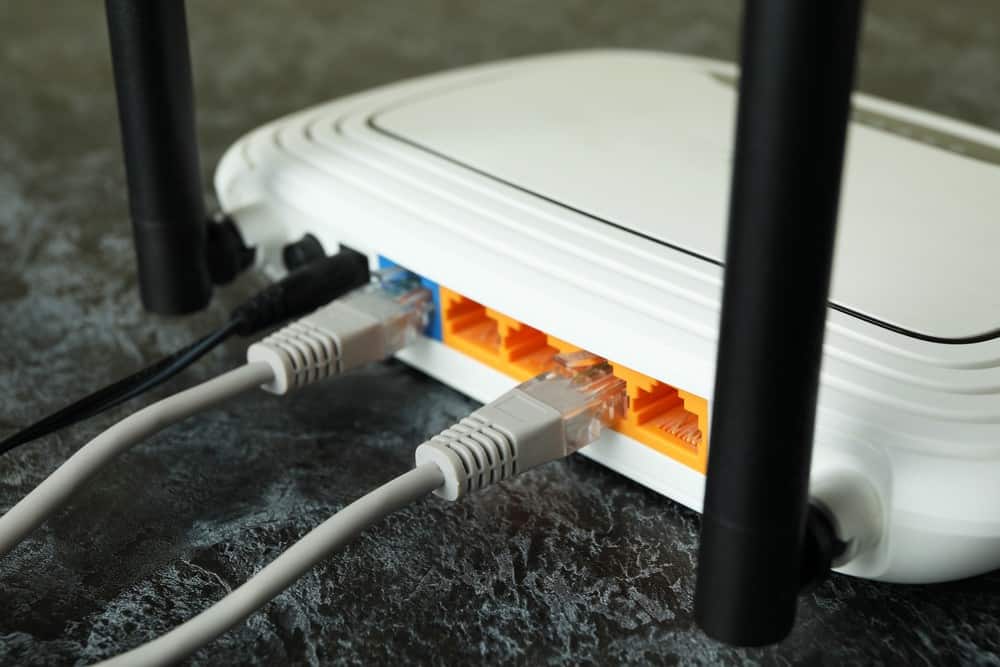
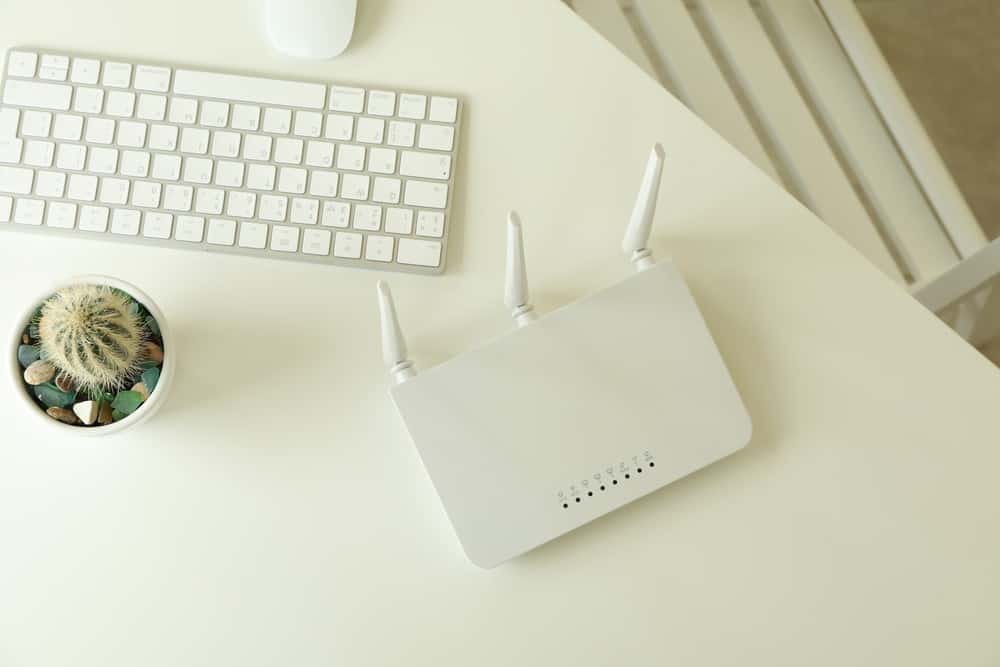
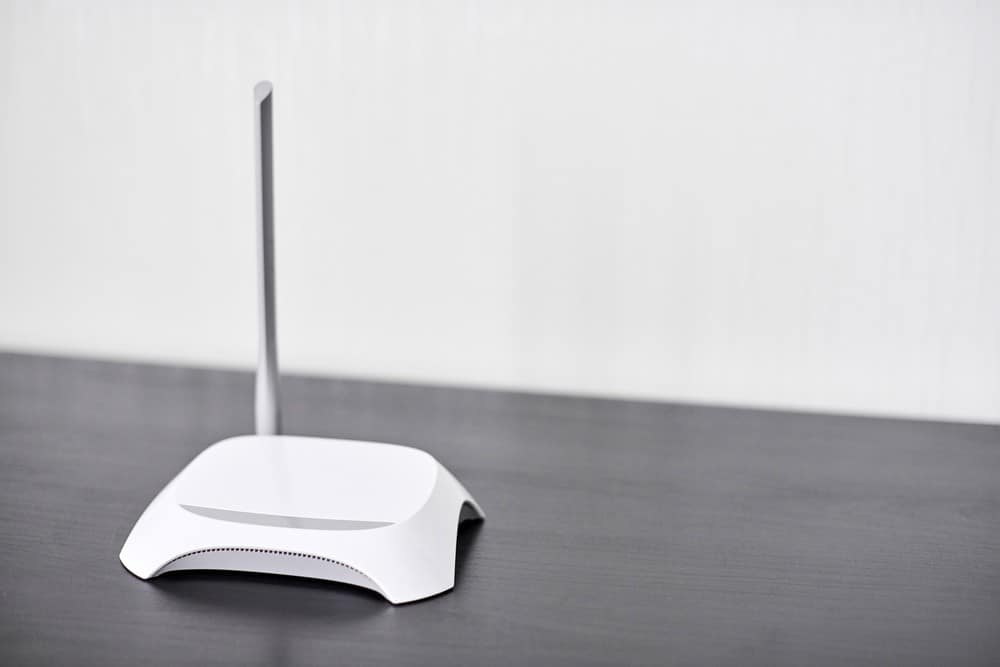
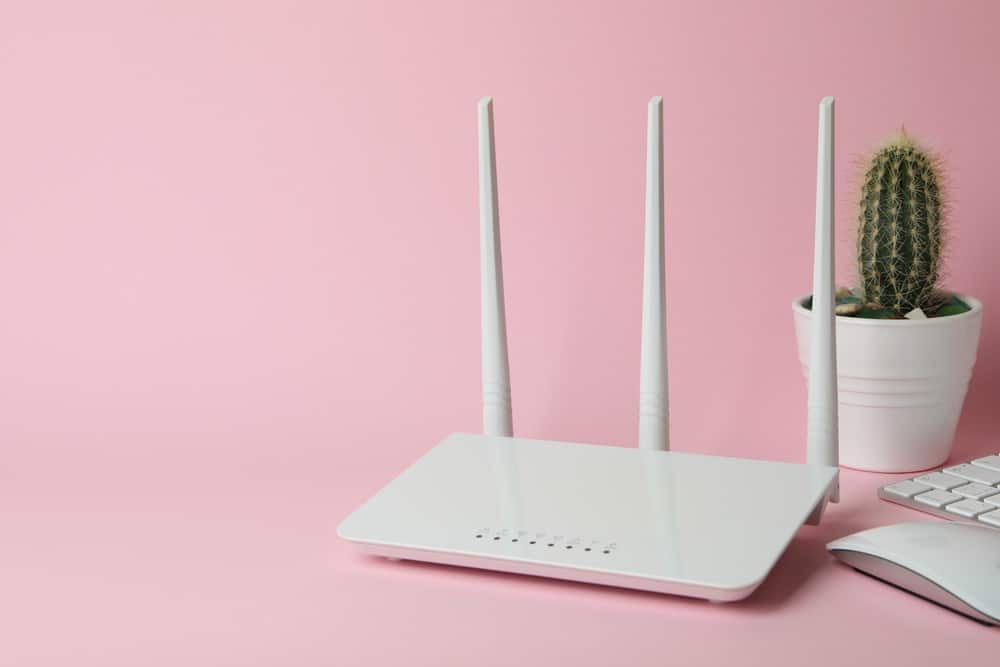
![Best BenQ Monitors in [year] 27 Best BenQ Monitors in 2026](https://www.gadgetreview.dev/wp-content/uploads/best-benq-monitor-image.jpg)
![Best Wifi Extenders For FiOS in [year] 28 Best Wifi Extenders For FiOS in 2026](https://www.gadgetreview.dev/wp-content/uploads/best-wifi-extender-for-fios-image.jpg)
![Best Fiber Optic Routers in [year] 29 Best Fiber Optic Routers in 2026](https://www.gadgetreview.dev/wp-content/uploads/best-fiber-optic-router-image.jpg)
![Best VoIP Routers in [year] 30 Best VoIP Routers in 2026](https://www.gadgetreview.dev/wp-content/uploads/best-voip-router-image.jpg)
![Best Routers for 200Mbps in [year] 31 Best Routers for 200Mbps in 2026](https://www.gadgetreview.dev/wp-content/uploads/best-router-for-200mbps-image.jpg)
![Best Routers for Optimum in [year] 32 Best Routers for Optimum in 2026](https://www.gadgetreview.dev/wp-content/uploads/best-router-for-optimum-image.jpg)
![Best Routers for Apple in [year] 33 Best Routers for Apple in 2026](https://www.gadgetreview.dev/wp-content/uploads/best-router-for-apple-image.jpg)
![Best Routers for Frontier FIOS in [year] 34 Best Routers for Frontier FIOS in 2026](https://www.gadgetreview.dev/wp-content/uploads/best-router-for-frontier-fios-image.jpg)
![Best Secure Routers in [year] 35 Best Secure Routers in 2026](https://www.gadgetreview.dev/wp-content/uploads/best-secure-router-image.jpg)
![Best Routers for Google Fiber in [year] 36 Best Routers for Google Fiber in 2026](https://www.gadgetreview.dev/wp-content/uploads/best-router-for-google-fiber-image.jpg)
![Best Routers for Cox in [year] 37 Best Routers for Cox in 2026](https://www.gadgetreview.dev/wp-content/uploads/best-router-for-cox-image.jpg)
![Best Asus Routers in [year] 38 Best Asus Routers in 2026](https://www.gadgetreview.dev/wp-content/uploads/best-asus-routers-image.jpg)
![Best Linksys Routers in [year] 39 Best Linksys Routers in 2026](https://www.gadgetreview.dev/wp-content/uploads/best-linksys-routers-image.jpg)
![Best Routers for CenturyLink in [year] 40 Best Routers for CenturyLink in 2026](https://www.gadgetreview.dev/wp-content/uploads/best-router-for-centurylink-image.jpg)
![Best WiFi Routers for Multiple Devices in [year] 41 Best WiFi Routers for Multiple Devices in 2026](https://www.gadgetreview.dev/wp-content/uploads/best-wifi-router-for-multiple-devices-image.jpg)
![Best Wired Routers in [year] 42 Best Wired Routers in 2026](https://www.gadgetreview.dev/wp-content/uploads/best-wired-router-image.jpg)
![Best Routers for 4K Streaming in [year] 43 Best Routers for 4K Streaming in 2026](https://www.gadgetreview.dev/wp-content/uploads/best-router-for-4k-streaming-image.jpg)
![Best Cisco Routers in [year] 44 Best Cisco Routers in 2026](https://www.gadgetreview.dev/wp-content/uploads/best-cisco-routers-image.jpg)
![Best eero Routers in [year] 45 Best eero Routers in 2026](https://www.gadgetreview.dev/wp-content/uploads/best-eero-routers-image.jpg)


